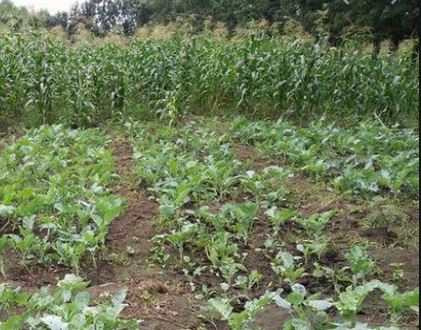
Climate risks pose serious threats to Kenya’s sustainable development goals. According to estimates from the US Agency for International Development (USAID) by 2030, climate variability and extremes will lead to losses in the agriculture sector equivalent to 2.6 per cent of GDP annually.
Now scientists say smallholder farmers can buffer impacts from erratic weather patterns if they consider Agroecology principles, a diversified farming system that aims for longer-term sustainability of the natural ecosystem and social livelihoods besides the production of safe and sufficient food.